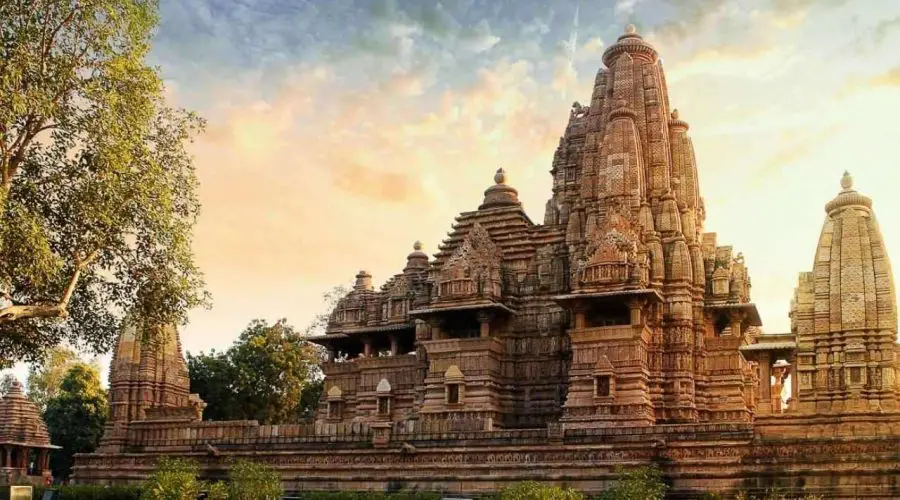Know these 10 Temples, that offer Unique Prasad | Get ready to be Surprised
Prasad, also known as parshad or prasadam, is a religious sacrifice to God. Most temples have their own unique prasad, meaning that each god is recognised to be served a certain sort of prasad. Some of these temples make sure that their prasad is one of a kind. So, let’s have a look at some of India’s most interesting temple prasad’s –
Madurai’s Azhagar Kovil
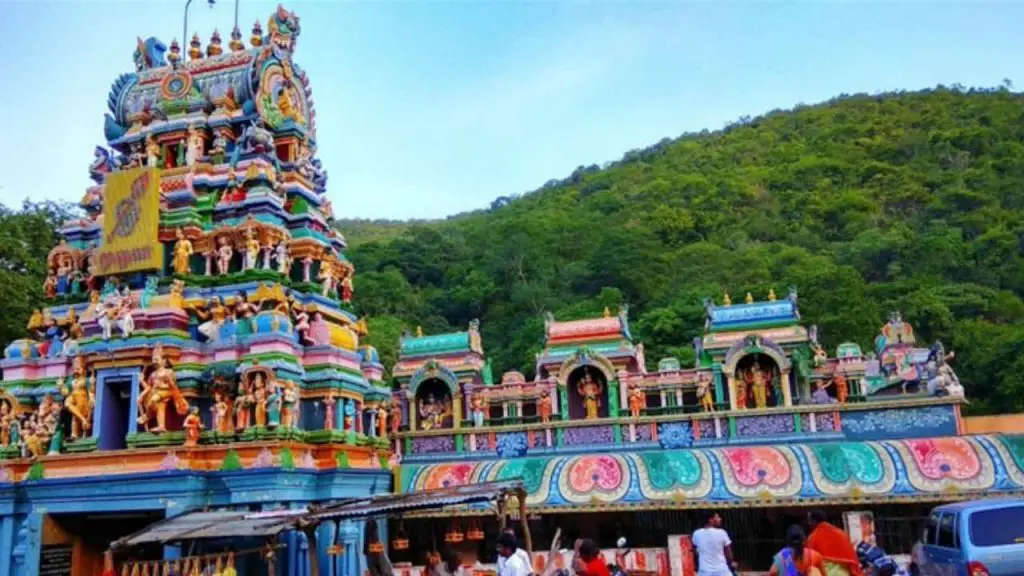
The Azhagar Kovil, also known as the Alagar Temple, is situated 21 kilometres from Madurai. The temple is devoted to Lord Vishnu, and pilgrims are served dosas as prasad. Since many worshippers bring offerings of grains to the god, which are subsequently utilised to produce fresh, crispy dosas as prasad.
Prasad: Dosa
Palani’s Dhandayuthapani Swami Temple
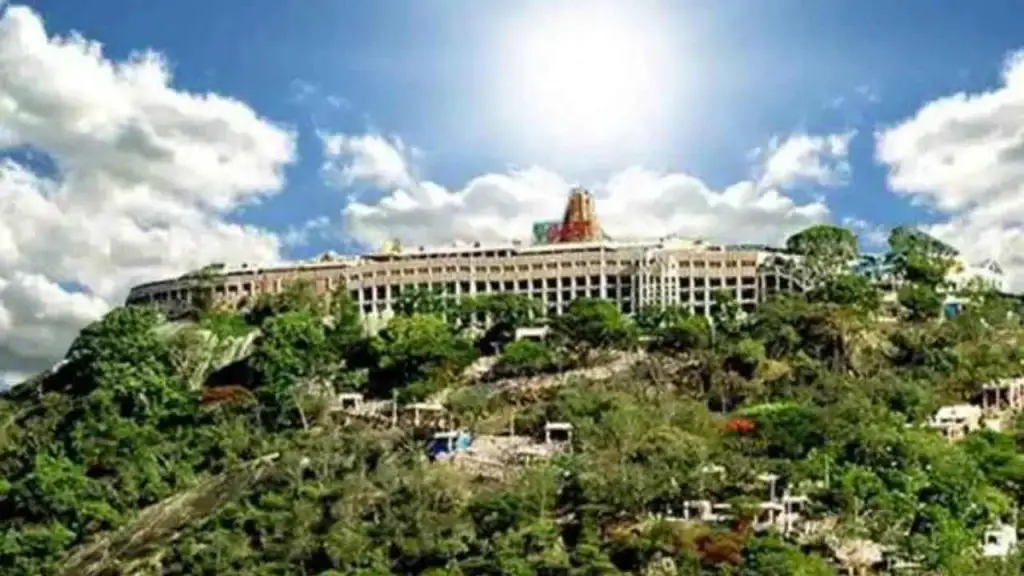
This Lord Murugan temple, located in the Palani Hills, is well-known for its distinctive prasad. Devotees are given a five-fruit sweet, jaggery or gud, and sugar candy. Panchamritham is the name of the preparation, which is a form of jam. Its popularity has grown to the point that it is now mass-produced in an automated facility in the foothills beside the temple.
Prasad: Five-fruit sweet, jaggery or gud, and sugar candy
Mazhuvanchery, Thrissur Mahadeva Temple
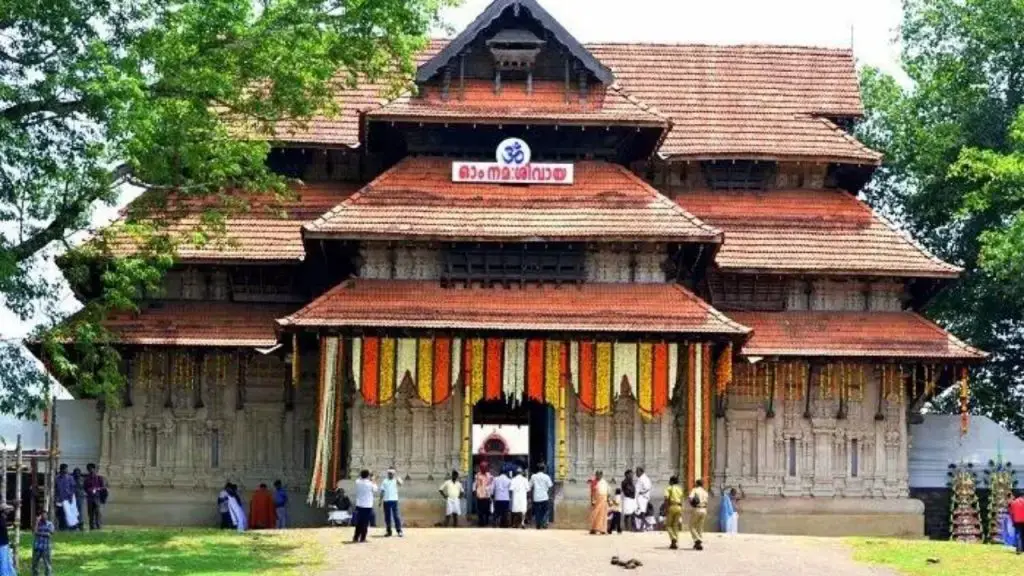
Everything else pales in comparison to the prasad presented in Lord Shiva’s honour. While most prasad are edible, those of Mahadeva Temple in Mazhuvanchery, Thrissur, contains educational brochures, textbooks, DVDs, CDs, and writing materials. This is because, according to the temple trust, giving knowledge is the finest sort of prasad among all others.
Prasad: Educational brochures, textbooks, DVDs, CDs, and writing materials
Guwahati’s Kamakhya Devi Temple
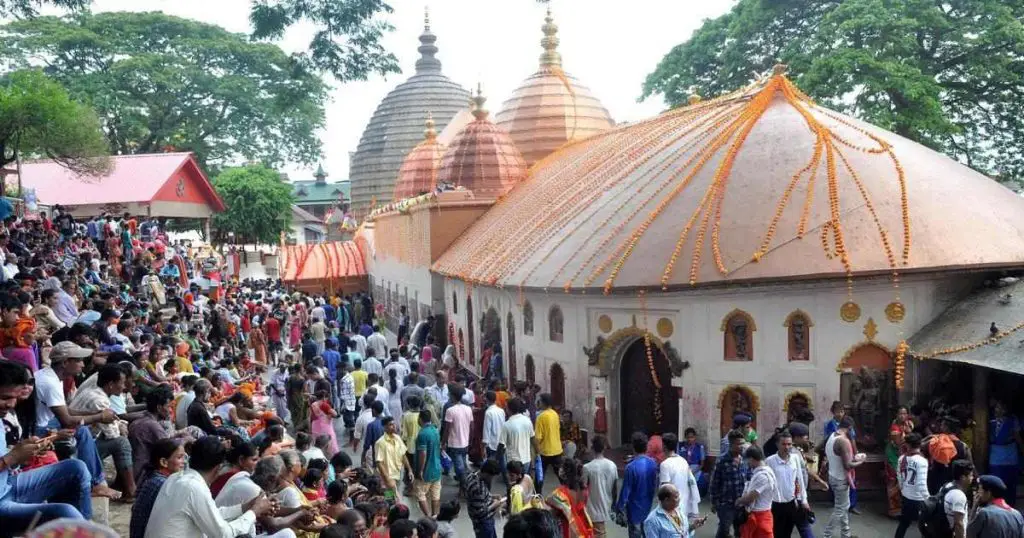
There is no other prasad quite like the one served in Guwahati’s Kamakhya Devi Temple. A three-day festival fair is held at the temple every year during Ambubachi, which occurs on the seventh day of the month of Aahar according to Assamese traditions. The temple is closed to the public throughout the fair, but on the fourth day, thousands of devotees throng the temple to receive a wet piece of cloth bathed in Goddess Kamakhya’s menstrual period.
Prasad: Wet piece of cloth
Amablapuzha’s Sree Krishna Temple
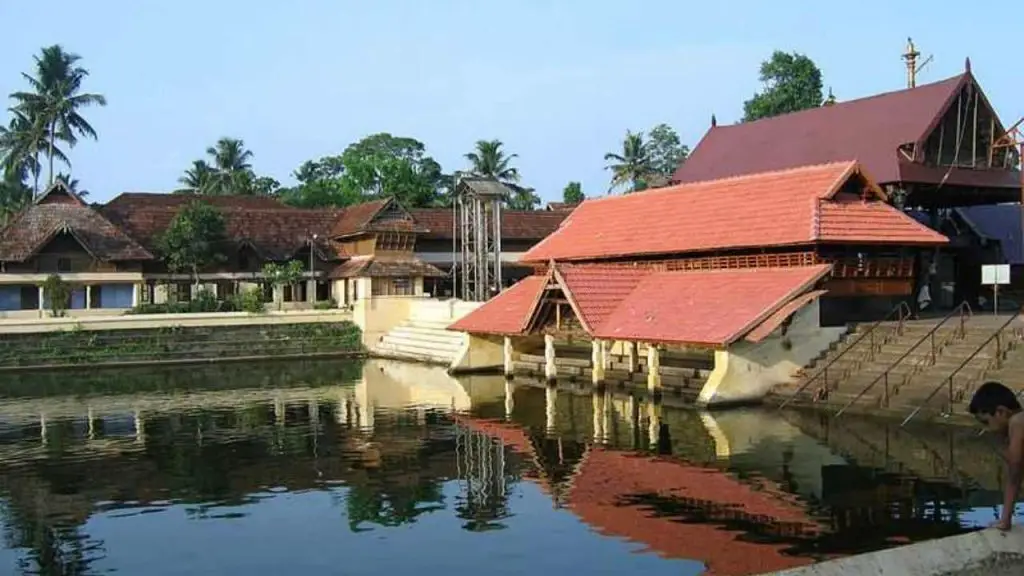
The Sree Krishna Temple in Amablapuzha, near Thiruvananthapuram, distributes prasad in a unique way to worshipers. Payasam (milk, sugar, and rice) is the prasad served here. While this is a typical sweet dish, the prasad is distinct due to its taste and the fact that traditional chefs create it using a recipe passed down from previous generations.
Prasad: Payasam
Sandana, Sitapur District, Uttar Pradesh: Khabees Baba Temple
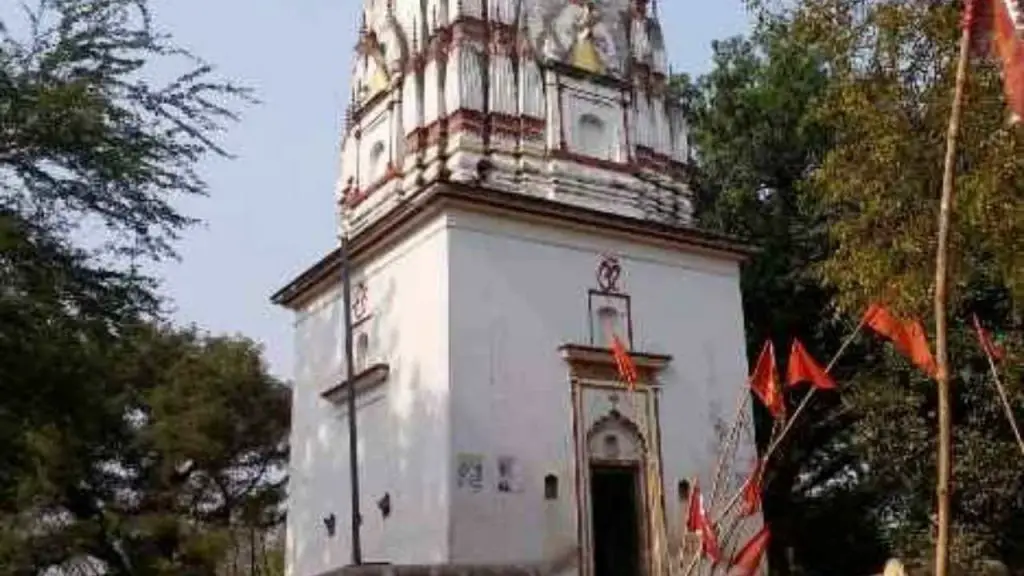
The Khabees Baba Temple is situated 80 kilometres outside of Lucknow in the Sitapur region of Uttar Pradesh. There is no deity or priest in this temple. In fact, the prasad served here is much more exceptional! Devotees give alcohol… yes, you read it correctly! In commemoration of the saint who resided here 150 years ago, liquor or a pair of slipper-shaped structures on an elevated platform are served. As prasad, devotees get a part of the alcohol gathered.
Prasad: Alcohol
Katra Mata Vaishno Devi
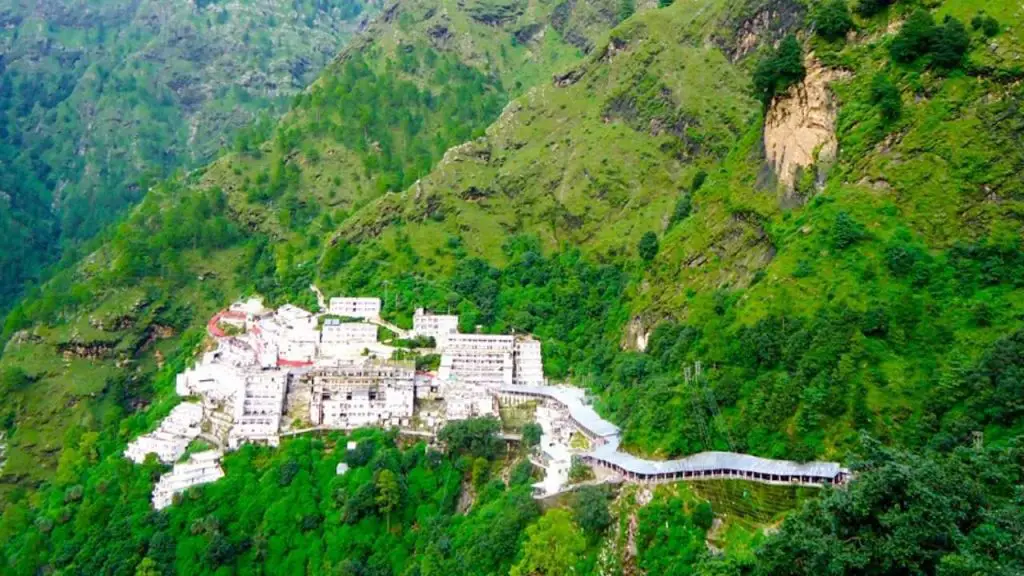
With millions of worshippers travelling to pilgrimage each year, the Mata Vaishno Devi temple in Katra is undoubtedly the most renowned temple in north India. Puffed rice, sugar balls, dried apple bits, and coconuts are served as prasad in an eco-friendly jute bag to devotees.
Prasad: Puffed rice, sugar balls, dried apple bits, and coconuts
Bikaner’s Karni Mata Mandir
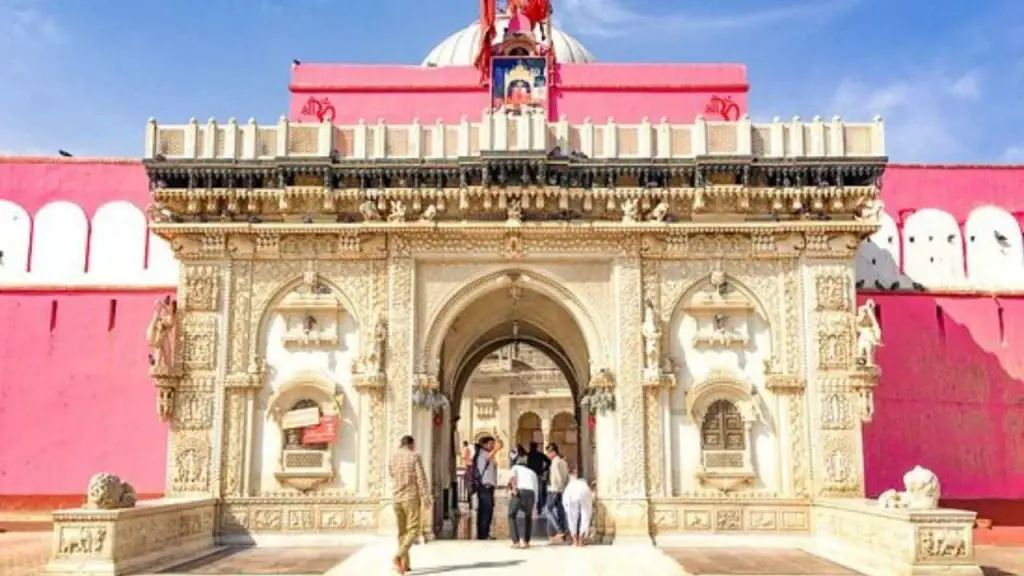
The rats in Bikaner’s Karni Mata Mandir are legendary! Yes, since rats roam freely around the temple and temple complex, the prasad is first given to the rodents and then to the worshippers. The prasad is said to include rat saliva, which would bring good fortune to the believers.
Prasad: Rat saliva
Tirupati’s Shri Venkateshwara Temple
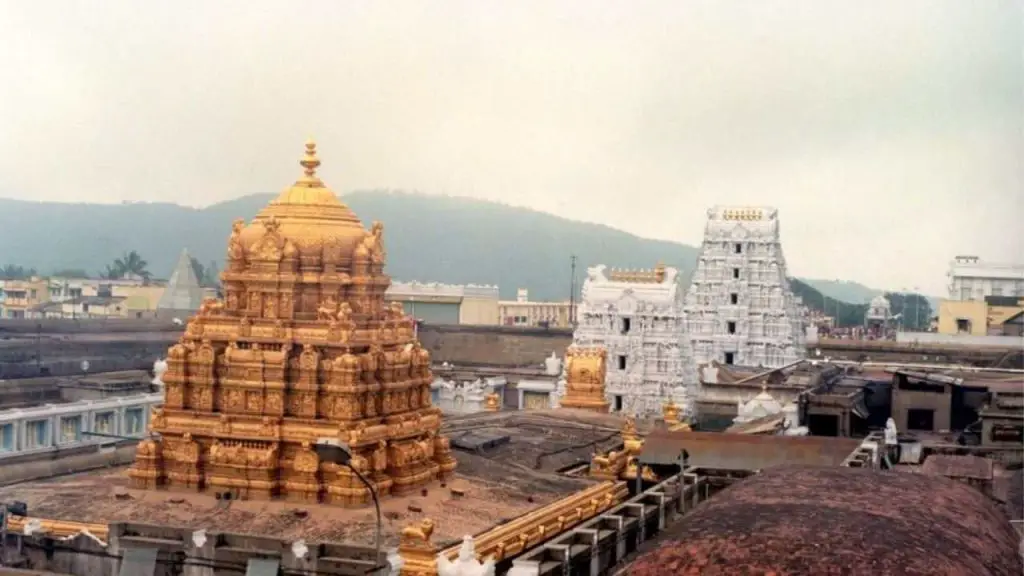
This temple is well-known for the Laddoos served as prasad. Tiputai laddoo or Sri Vari laddu are two names for it. They are highly popular because they are cooked with great care and have a particular flavour. They come in two sorts and sizes. In recent years, this prasad has also been granted geographical copyright.
Prasad: Laddoos
Puri’s Jagannath Temple
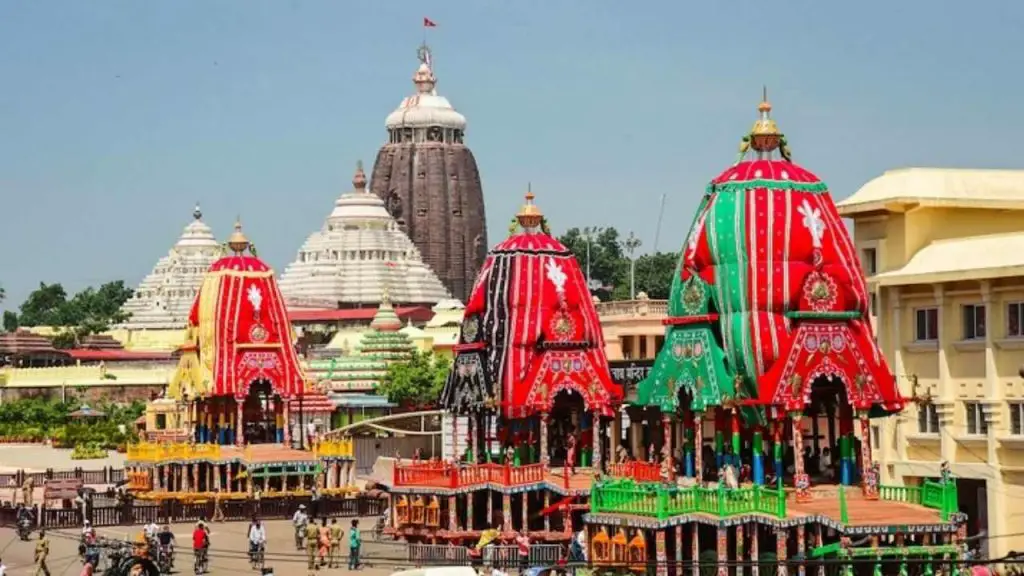
The Jagannath Temple in Puri is one of the most visited temples in India, famous for its rath yatra. The deities are served Mahaprasad, which comprises of 56 different uncooked and prepared food items. Devotees may buy prasad from the Anand Bazaar vendors after it has been served to the deities.
Prasad: 56 different uncooked and prepared food items

